Publications
Articles, publications, books, tools and multimedia features from the U.S. Institute of Peace provide the latest news, analysis, research findings, practitioner guides and reports, all related to the conflict zones and issues that are at the center of the Institute’s work to prevent and reduce violent conflict.
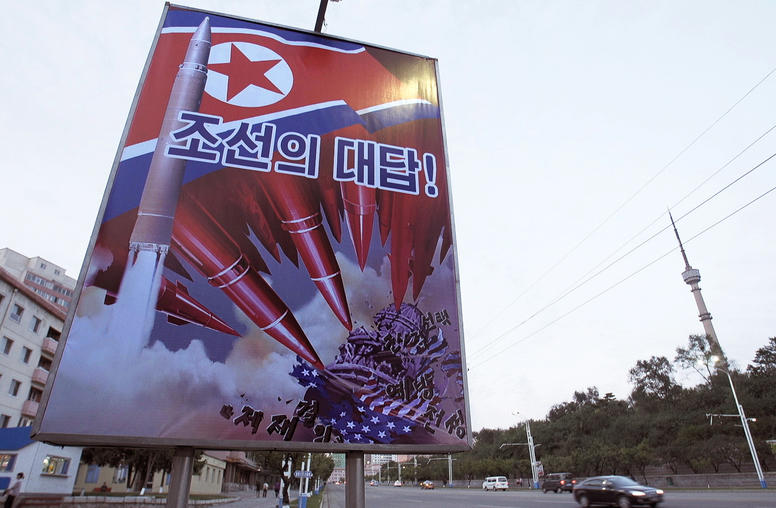
Making Sense of North Korea’s Missile Test
North Korea announced on September 13 that it had tested long-range cruise missiles over the weekend. It described the missiles as a “strategic weapon of great significance.” The test caused alarm in North Korea’s neighbors — South Korea and Japan, both U.S. allies — as the revelation now puts both countries within striking distance. But despite the test, a spokesperson for the Biden administration said the United States remains prepared to engage with North Korea. USIP’s Frank Aum discusses the significance of the tests, the arms race on the Korean Peninsula, and what signals North Korean leader Kim Jong Un may be sending to the United States with this latest test.
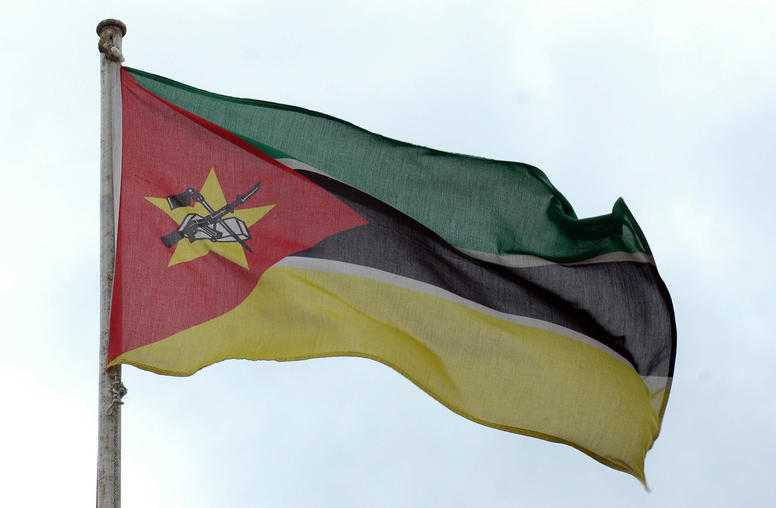
The Need to Build on Security Gains in Mozambique
The Rwandan armed forces and police deployed to the Cabo Delgado province in northern Mozambique have made impressive gains combatting the Islamic State-affiliated al-Shabaab militants that have devastated the area. These 1,000 or so forces secured the key port city of Mocimboa da Praia in August, and the militants — who have committed grave atrocities, killed thousands and driven nearly a million people from their homes — have been forced to retreat from several areas of this natural resource-rich region.

William Byrd on Afghanistan’s Economic Crisis
Amid the fallout from the Taliban’s sudden takeover, USIP’s William Byrd warns that Afghanistan’s economy faces a catastrophic outlook if action isn’t taken — adding that “the Afghan people and the economy have a lot farther to fall than they did the previous time the Taliban were in charge.”
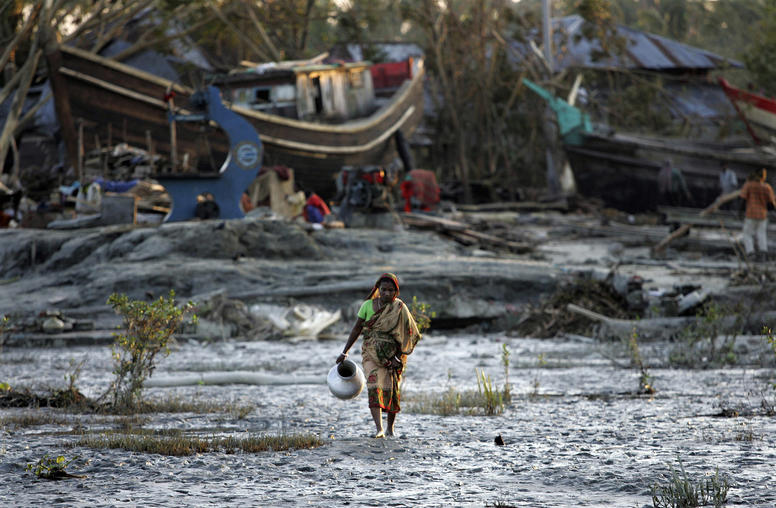
How Climate Change Deepens Bangladesh’s Fragility
The Intergovernmental Panel on Climate Change (IPCC) released its sixth report on the state of the earth’s climate in early August — and it paints a dire picture. The report argues that unless governments take appropriate measures to curb greenhouse gas emissions and spur behavioral change, the world is moving toward a climate crisis of rising sea levels, warmer temperatures and more extreme weather. The report’s findings are particularly relevant in Bangladesh, where low elevation, high population density and weak infrastructure make it highly vulnerable to climate change.
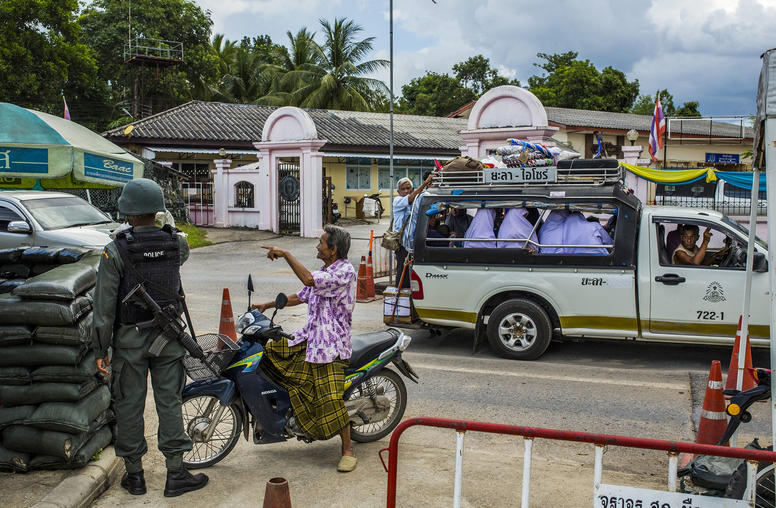
Thai Authorities Struggle to Understand a Conflict They Have Been Fighting for Decades
In May 2021, Thai security forces were in a three-hour standoff with two Malay-Muslim separatist insurgents in a small remote village in the southernmost border province of Yala. As they stood their ground, the two combatants made video calls to family and friends to bid farewell. Someone began recording one of the calls on another cellphone. Soon, footage of the two men, who were killed in the operation, was circulating on social media.
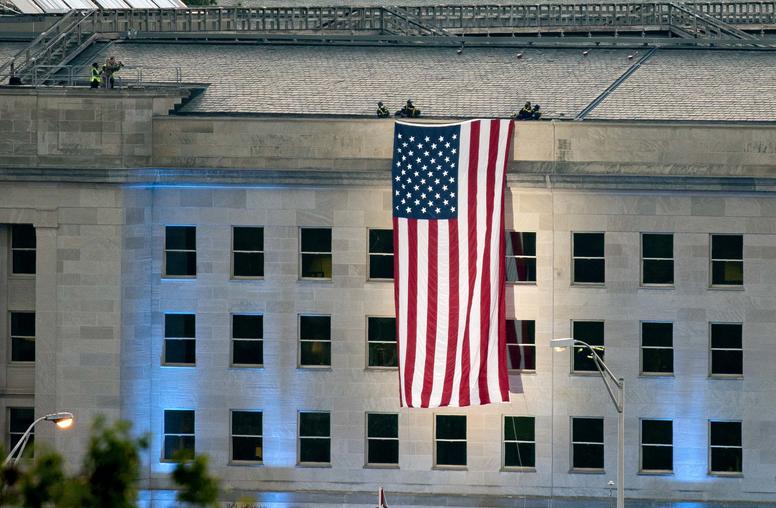
Twenty Years After 9/11, It’s Time to Prioritize Diplomacy and Development
As we mark the somber 20th anniversary of the 9/11 attacks amid a global pandemic, the complexity of 21st century national security threats is all too evident. Another milestone — the end of the U.S. military intervention in Afghanistan — underscores the shortcomings of the United States response to this tragic terrorist attack: large-scale military interventions. We have seen that these multifaceted, transnational threats demand a whole-of-government approach with diplomacy, peacebuilding and development at the forefront. Twenty years after 9/11, as the United States pivots away from a “forever wars” posture, a renewed commitment to upgrade our diplomacy, peacebuilding and development toolkits should be prioritized.

How 9/11 Changed Peacebuilding
The attack by al-Qaida terrorists on the United States on September 11, 2001, transformed the field of peacebuilding and the way its practitioners view violent extremism.
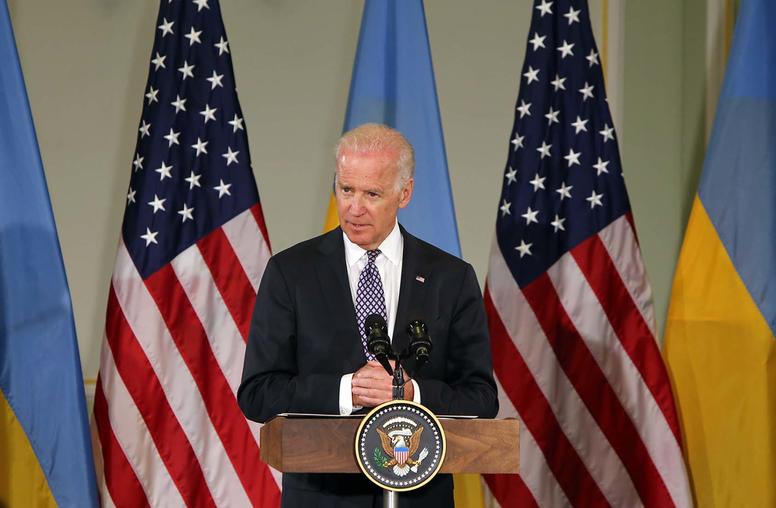
The Biden Doctrine Should Start with Ukraine
Following the U.S. withdrawal from Afghanistan, some see an emerging Biden doctrine, which aims to avoid the aggressive use of U.S. military force and nation-building and instead focus on building and strengthening alliances and confronting authoritarianism. No country offers a better opportunity to demonstrate that approach than Ukraine.
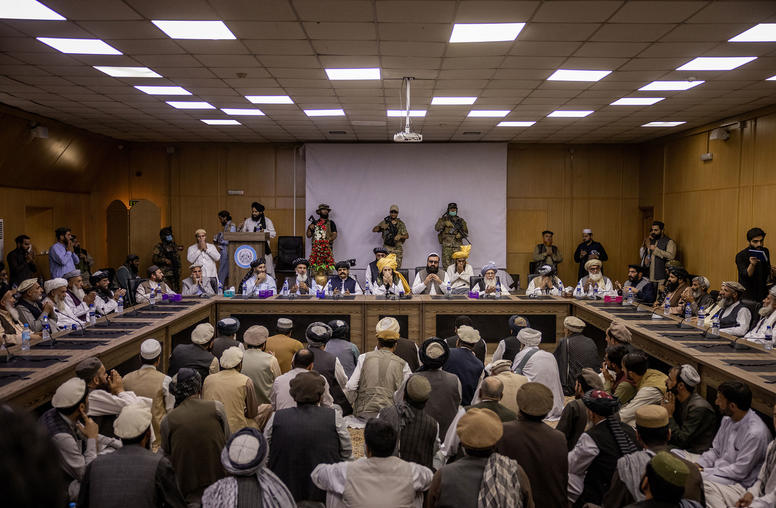
Five Questions on the Taliban’s Caretaker Government
As part of the Taliban’s bid to re-establish the “Islamic Emirate of Afghanistan,” the militant group announced the line up for its caretaker government on Tuesday. Despite several leading Taliban figures saying the movement would govern in a more moderate and inclusive fashion, the acting appointments made this week were mostly old guard members who played similar roles when the group ruled Afghanistan in the 1990s. USIP’s Andrew Watkins discusses who the key players are, what it signals about the Taliban’s commitment to inclusivity, the key challenges the government will face and how the West and regional countries should engage.
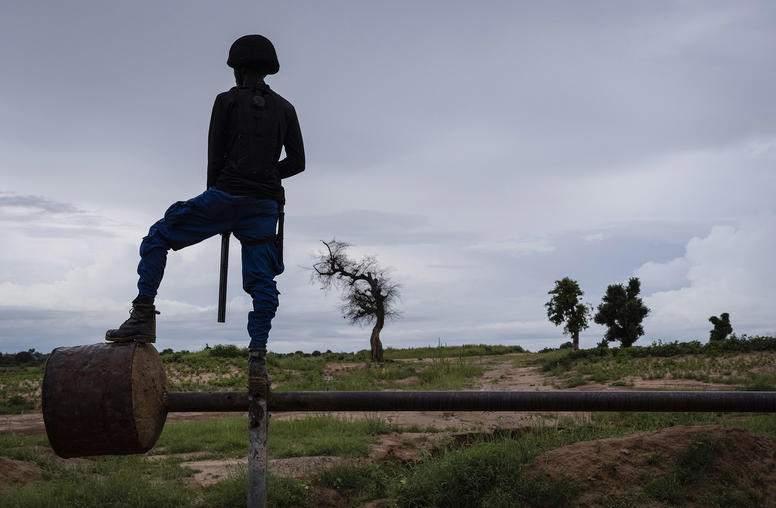
Six Alternative Ways to Measure Peace in Nigeria
When measured by the death toll, Nigeria seems beset by violence. By some accounts, the COVID-19 pandemic has made experiences of violence even more common — notably, Nigeria recorded a 169% increase in abductions between 2019 and 2020. While quantifying violence is relatively straightforward, defining what peace means to ordinary Nigerians has been largely overlooked, even if such definitions may be more meaningful. By exploring more nuanced understandings of peace, how these vary between and across communities, and finding which indicators of peace are most valued, peace might be better pursued. We went in search of how people in the states of Bauchi, Kaduna, Nasarawa and Plateau define peace. Here are six of our most important findings.